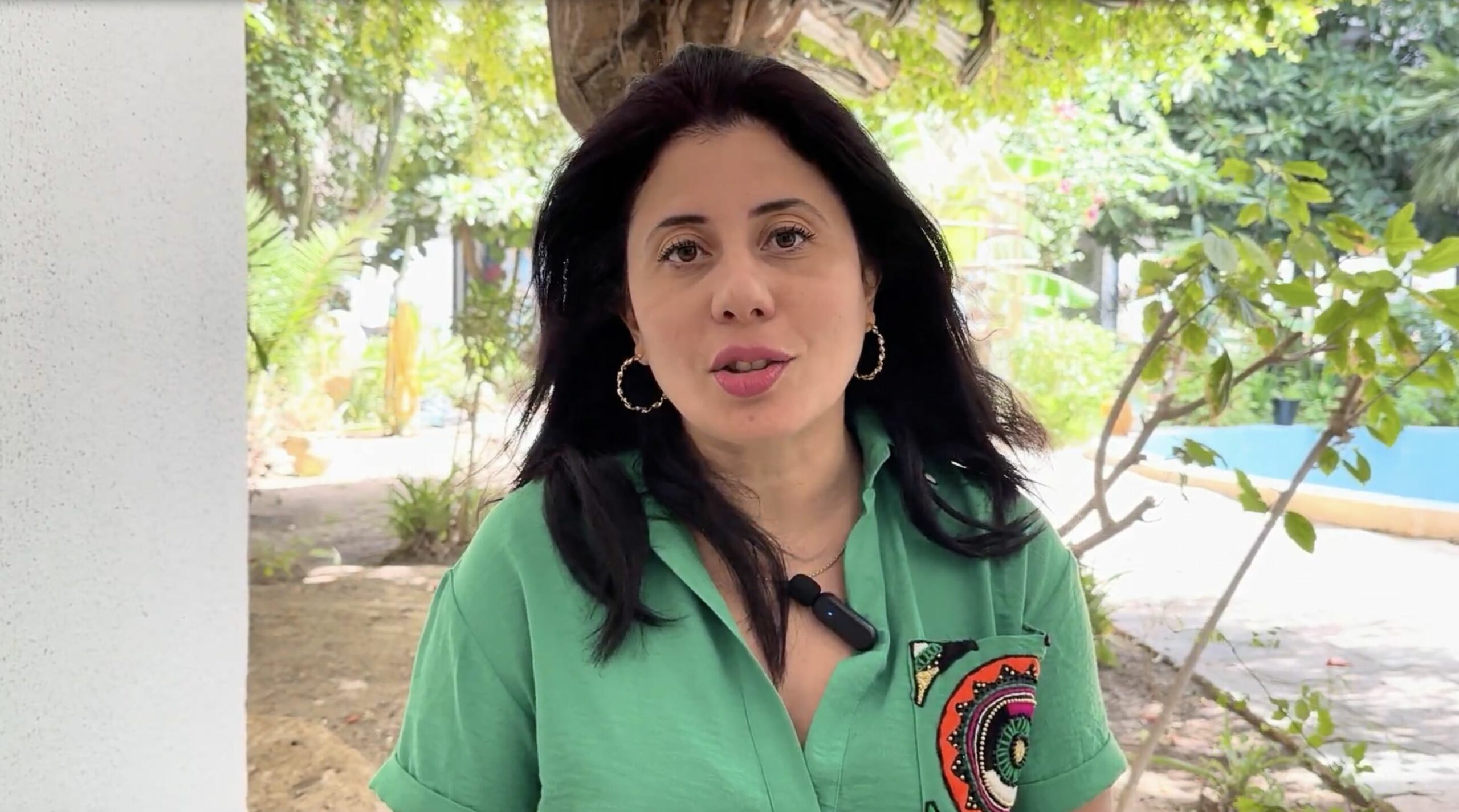
Nada Najahi is a biologist by training, a university professor and Director of the Alliance Française in Bizerte. Her academic background combines life sciences, science education and language teaching. This dual specialisation has enabled her to understand the importance of appropriate teaching methods in raising public awareness of environmental issues. She explains that her expertise leads her to promote a ‘very important educational and teaching approach to raise awareness of these issues related to education’.
An eco-responsible project: training the ambassadors of tomorrow
For the past three to four years, the Alliance Française in Bizerte has been running an eco-responsibility education project aimed at a wide audience, from young children to students. The objective is clear: to train ‘future ambassadors for the eco-responsible cause’, starting with early education from the age of four and continuing through to a more expert audience. To this end, the training is enriched by regular exchanges with experts and environmental associations invited to speak, in order to make environmental issues accessible.
Among the flagship actions of this project, Nada Najahi highlights the importance of workshops but also concrete initiatives such as the reforestation of the Nadhour forest. This large forest, ‘one of the city’s lungs’, suffered a major fire a few years ago. Every year, between 200 and 500 people, including schoolchildren, parents, teachers and local associations, take part in these reforestation operations. The event is part of a strong collective and civic dynamic.
Another important initiative is the Sea Festival, which combines festive, artistic and educational elements. In addition to concerts, screenings, exhibitions and workshops by the sea, coastal clean-up operations are also organised to raise awareness of the importance of preserving an island territory surrounded by water.
The essential role of the Nadhour coastal forest
Beyond its natural and scenic value, the Nadhour forest plays a crucial ecological role. It is a ‘coastal forest that helps preserve a very special ecosystem between the forest and the coastline, and therefore a fairly unique biodiversity’. But its function goes beyond pure ecology: ‘it also forms a barrier against land sandification’, thus protecting part of the city of Bizerte from sand encroachment. This protective role is also played by the neighbouring Rimel forest.
A humanistic vision for the cities of the future
When asked what advice she would give to future generations, Nada Najahi imagines a city of the future that is defined not only by its architecture, but also by its values. She envisions a relationship with nature that is ‘balanced, like a loving relationship, healthy, non-toxic and generous’. She rejects an anthropocentric and utilitarian approach, where nature is preserved only out of self-interest.
Instead, she advocates a ‘symbiotic relationship between humans and nature,’ based on ‘exchange and recognition, like a child caring for its parents.’ For her, this reconnection necessarily involves education: ‘It’s very important to raise awareness of these values, these concepts, these representations of nature.’
Testimonies from the same panel